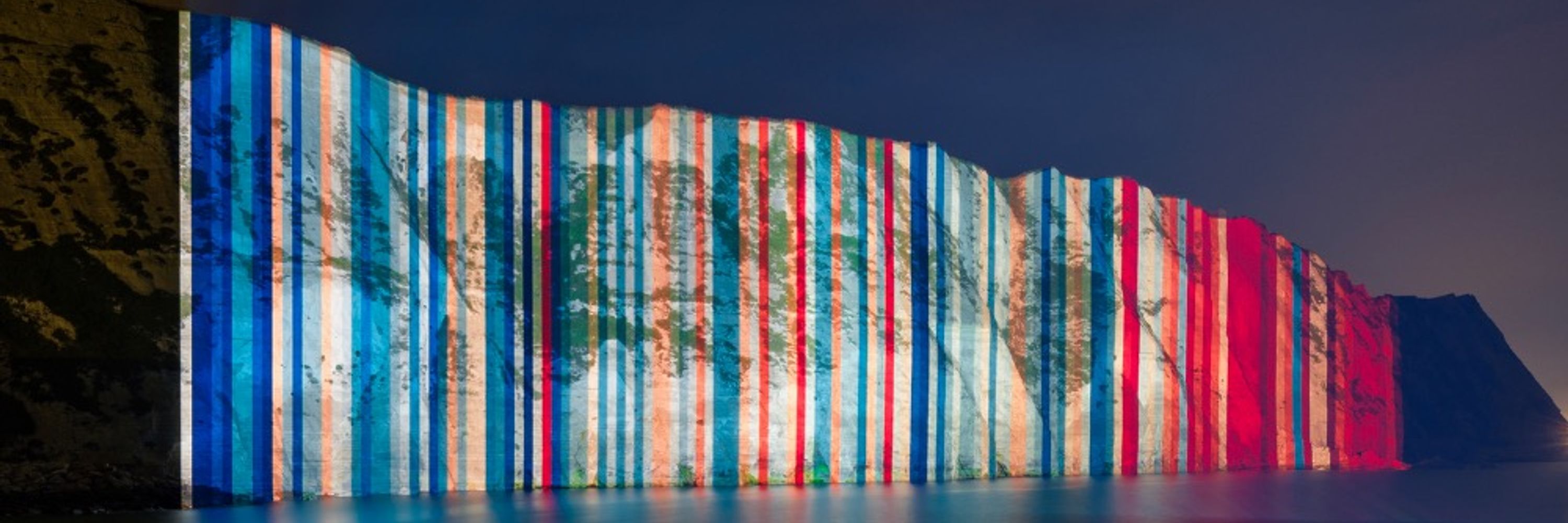
Climate scientist at the National Centre for Atmospheric Science, University of Reading | IPCC AR6 Lead Author | MBE | Views own | https://edhawkins.org
Warming Stripes: http://www.ShowYourStripes.info
Edward Hawkins is a British climate scientist who is Professor of climate science at the University of Reading, principal research scientist at the National Centre for Atmospheric Science (NCAS), editor of Climate Lab Book blog and lead scientist for the Weather Rescue citizen science project. He is known for his data visualizations of climate change for the general public such as warming stripes and climate spirals. .. more

50 years after the extreme summer for the UK and Ireland, what can we still learn?
climatelabbook.substack.com/p/the-summer...
Perhaps we ought to think about curtailing our use of fossil fuels?
Just an idea.
Reposted by Clark Gray

ed-hawkins.github.io/climate-visu...
— Douglas Adams
Reposted by Peter Thorne
Reposted by Gavin L. Foster

The bus shows the warming stripes for Reading back to the 1860s and will hopefully help start climate conversations amongst passengers.
#ShowYourStripes
Reposted by Ed Hawkins

As Reading continued to experience the longest unbroken spell of rainfall ever recorded in the town, it was fitting that Reading Buses were launching a new fleet of electric buses, including this beauty featuring the #ClimateStripes ♥️
#ShowYourStripes
Reposted by Ed Hawkins

Predicted fingerprints: tropospheric warming, stratospheric cooling, ocean heat uptake
Observed reality: 11 warmest years since 1850 are in the last decade
Theory → prediction → observation
theconversation.com/climate-fing...
Reposted by Ed Hawkins

Another factor is the destruction of stratospheric ozone by CFCs, which has also cooled the lower stratosphere.
The concentrations of greenhouse gases have increased throughout the atmosphere, making the atmosphere more efficient at absorbing and giving off heat. In the lower atmosphere, this effect acts as a blanket, retaining more heat & warming the surface.
Reposted by Fabrice Ardhuin, Clark Gray

theconversation.com/climate-fing...
Reposted by Ed Hawkins

Download graphic at zacklabe.com/climate-chan...
Reposted by Ed Hawkins

Register now 👉 https://rdg.ac/4alN8hX
Regius Professorship in Meteorology & Climate Science - a role awarded to the University of Reading by Queen Elizabeth II
Seeking an exceptional academic leader who will shape the future of meteorology & climate science.
jobs.reading.ac.uk/Job/JobDetai...



